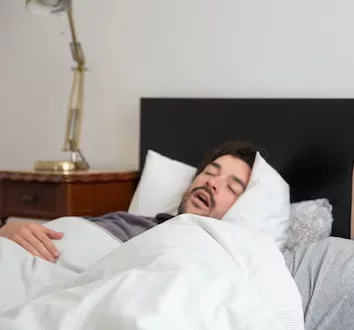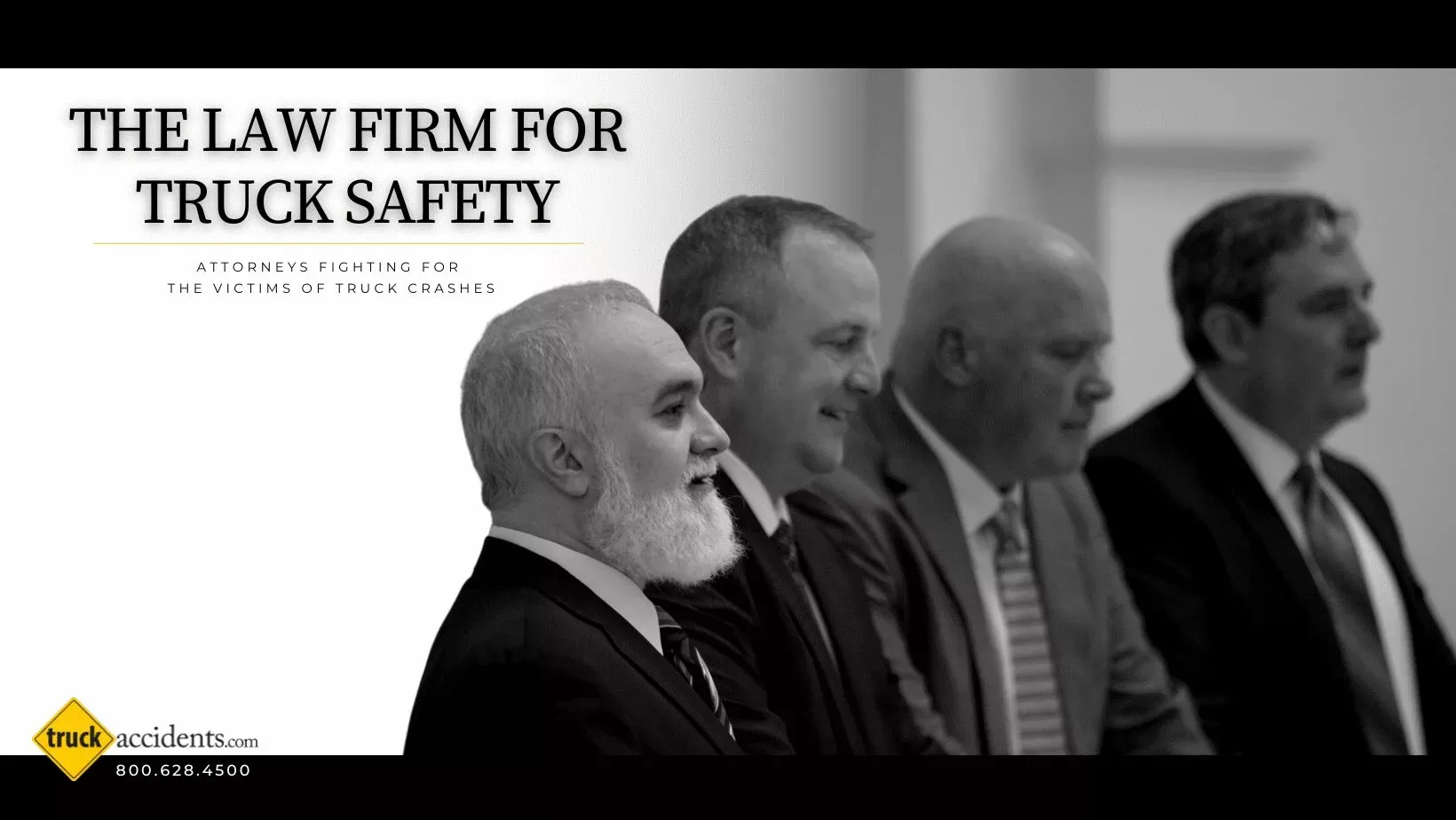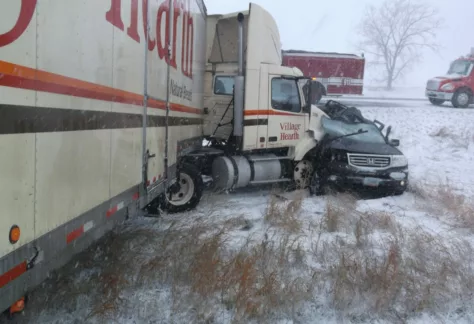House Resolution 3095 is a new bill that requires the FMCSA to go through full rulemaking and cost-benefit analysis when addressing screening, testing or treatment of sleep apnea. If passed, the FMCSA will not be able to provide immediate guidance to help address the very real problem of sleep apnea. The FMCSA has taken the very important educational step of publishing the online Fatigue Management Training program and has many simple and inexpensive ideas to make fatigue awareness part of a motor carrier’s safety culture. I do not know the basis for the Owner Operator Independent Driver’s Association’s (OOIDA) claim that guidance in this area could cost the industry more than $1 billion, but it appears to be hyperbole based on the inexpensive tests and screening questionnaires available for free or minimal cost. (See previous blog entries for an overview.) I am all for studying problems and conducting cost-benefit analyses, however sleep apnea is a problem that kills people (truck drivers and car drivers), that is easily identified, and for which there are easy fixes.

Photo by Kampus Production Via Pexels
House Resolution 3095 is a new bill that requires the FMCSA to go through full rulemaking and cost-benefit analysis when addressing screening, testing or treatment of sleep apnea. If passed, the FMCSA will not be able to provide immediate guidance to help address the very real problem of sleep apnea. The FMCSA has taken the very important educational step of publishing the online Fatigue Management Training program and has many simple and inexpensive ideas to make fatigue awareness part of a motor carrier’s safety culture. I do not know the basis for the Owner Operator Independent Driver’s Association’s (OOIDA) claim that guidance in this area could cost the industry more than $1 billion, but it appears to be hyperbole based on the inexpensive tests and screening questionnaires available for free or minimal cost. (See previous blog entries for an overview.) I am all for studying problems and conducting cost-benefit analyses, however sleep apnea is a problem that kills people (truck drivers and car drivers), that is easily identified, and for which there are easy fixes.

Photo by Kampus Production Via Pexels
OOIDA issued a press release statement in the past few days that there is “no statistical evidence to suggest that the presence of sleep apnea significantly increases the likelihood or the risk of motor vehicle crashes.” This is bunk. I suffer from sleep apnea. My life has been changed since getting my BiPAP machine last year. I used to hire drivers to drive me because I could fall asleep literally within a minute anytime of the day. I now am much more awake and alert through the day. This is more than anecdotal evidence. Any sleep doctor will tell you that my experience is common for people treated for sleep apnea.
Given all we know about sleep apnea, the industry is making a statement with this legislation that dollars trump safety. I understand the feeling of the industry that it is over-regulated. I believe there is room for dialogue on many of the safety issues that have been and will be addressed by the FMCSA. However, diagnosing a truck driver, using a simple 5-question test, costs nothing. Providing a BiPAP, CPAP or other apnea-reducing device to truck drivers can improve the quality of their lives and keep the roads safer. I am against this legislation because it will delay simple solutions that will save lives.
Referrals & Co-Counsel
Involved in a Crash?
No other law firm knows trucks quite like us. Our trucking law expertise and trial experience allow us to win multi-million-dollar results year after year.
Our team of truck accident attorneys works tirelessly to help your family find justice in the wake of a catastrophic truck crash.
Referrals & Co-Counsel
No other law firm knows trucks quite like us. Our trucking law expertise and trial experience allow us to win multi-million-dollar results year after year.
Involved in a Crash?
Our team of truck accident attorneys works tirelessly to help your family find justice in the wake of a catastrophic truck crash.


